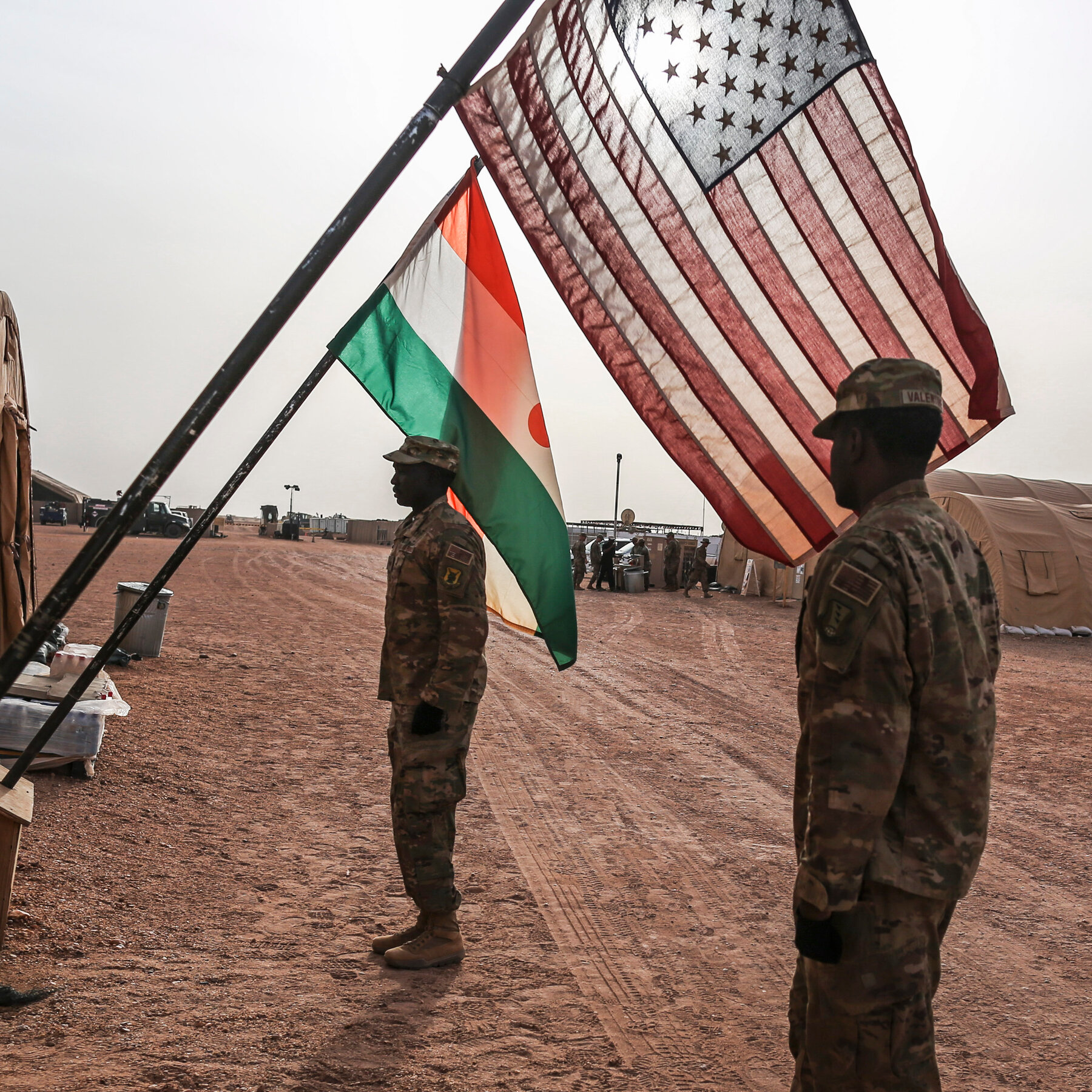
The United States faces dwindling influence in Africa, as diplomatic gaps and insufficient resources continue to weaken its foothold in a rapidly shifting continent.
The incoming administration of President-elect Donald Trump inherits these blind spots, just as China and Russia deepen their ties with African nations.
Interviews with current and former officials reveal that staffing shortages under President Joe Biden have hobbled American embassies, leading to diplomatic setbacks.
One example is the loss of a strategic US spy base in Niger, where efforts to secure alternative bases failed.
This leaves the US without a presence in the Sahel, a region now besieged by terrorist threats and growing Russian influence.
Gallup data reveals China’s popularity in Africa has surpassed that of the US, signaling a soft power challenge for Washington.
Cameron Hudson, a former CIA analyst, notes that a lack of resources has led to critical oversights, such as being unprepared for the conflict in Sudan and failed negotiations with Niger’s military junta.
Hudson points out that these diplomatic lapses indicate deep blind spots in US policy toward Africa.
“This is a mega issue facing US diplomacy, especially in Africa,” he asserts.
State Department reports highlight chronic staffing and operational challenges at African embassies, with one report describing how shortages left the ambassador to the Central African Republic often without proper support.
In Guinea, a key source of bauxite exports to China, a US embassy section was reportedly vacant for months, underscoring persistent obstacles.
Trump’s campaign has not yet disclosed its Africa strategy, but former officials anticipate a “more transactional” approach, with an emphasis on curbing China’s reach and supporting US businesses.
However, given broader global tensions, Africa may not top the new administration’s list of foreign policy priorities.
